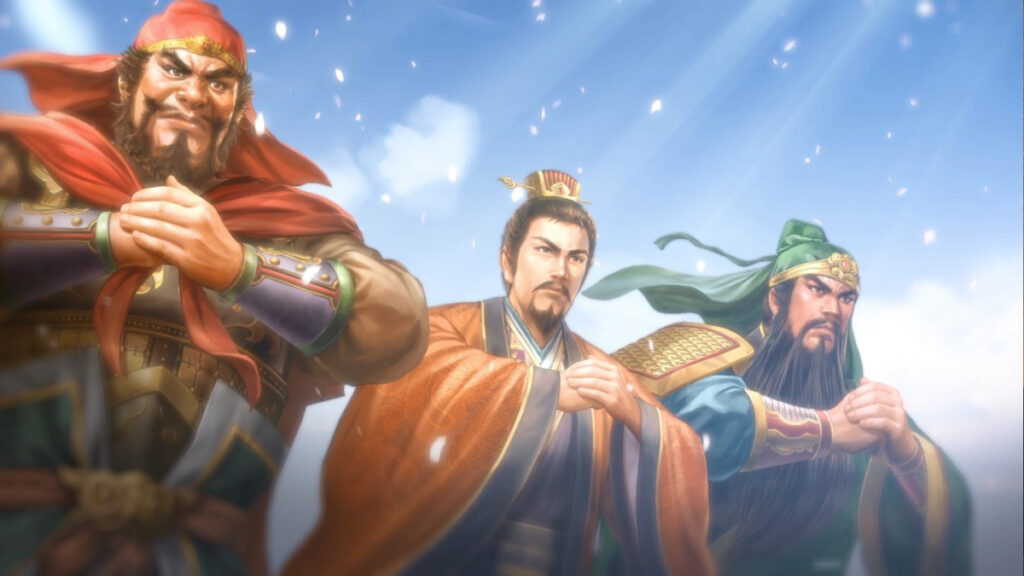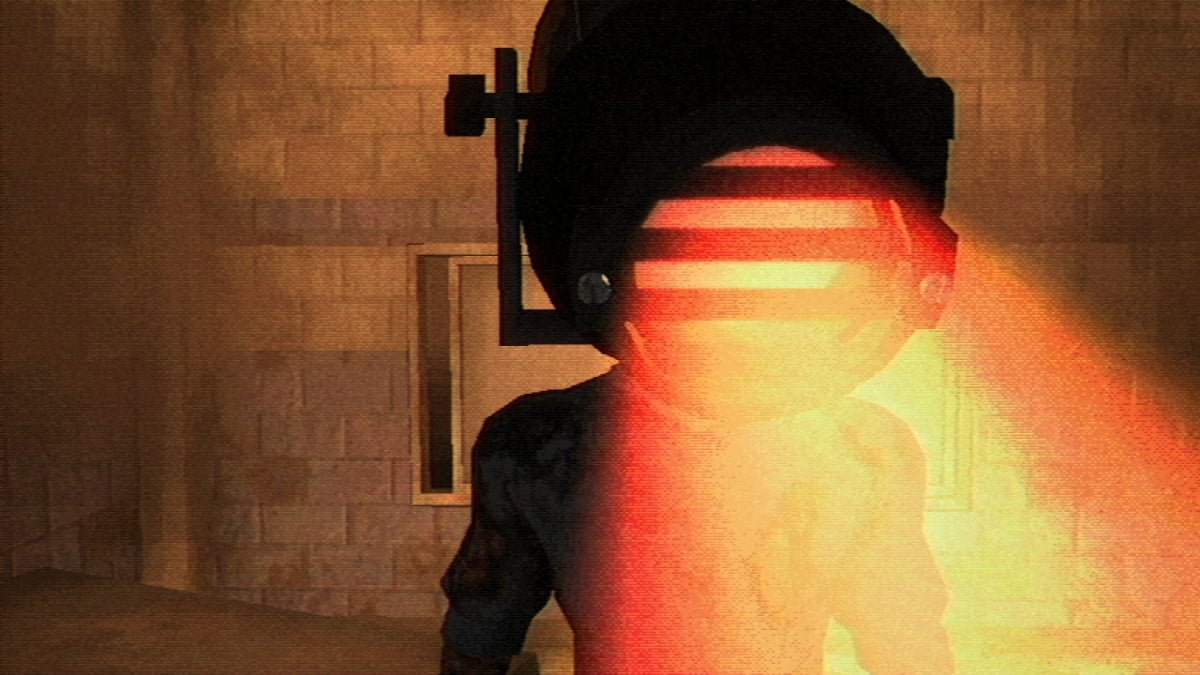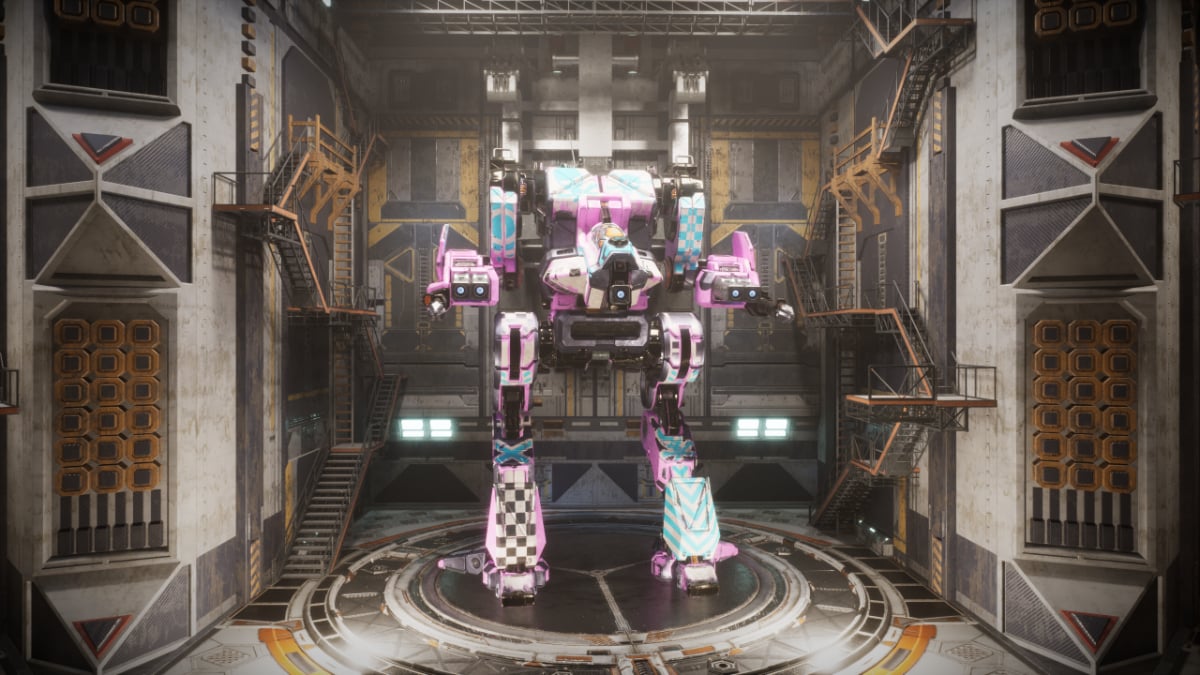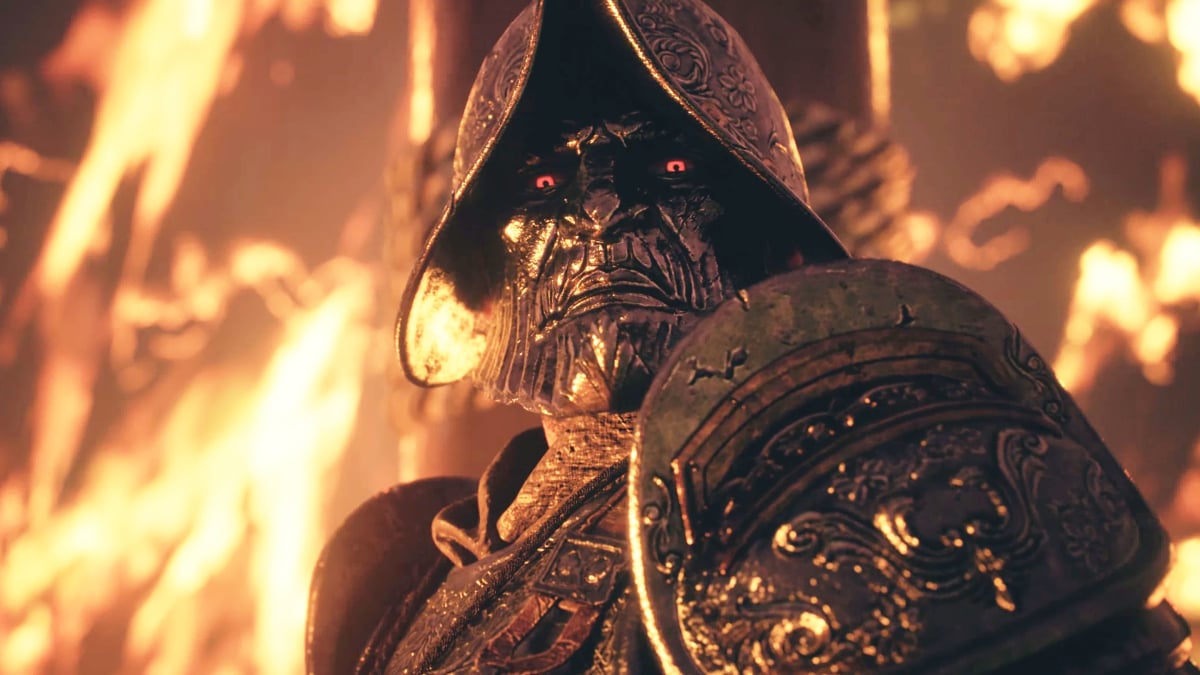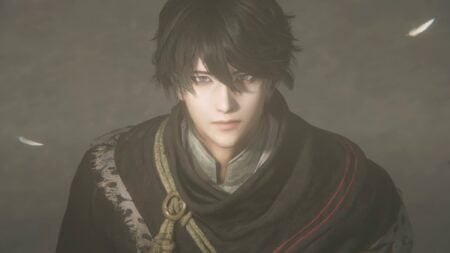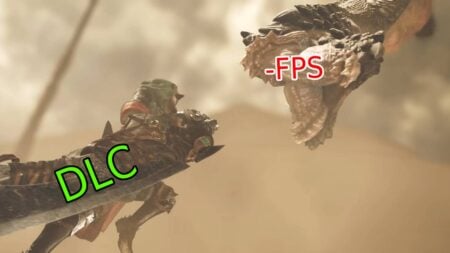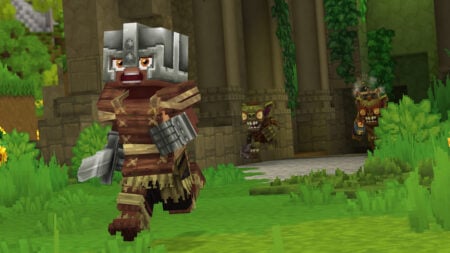Skip To...
Whether you’ve heard it through the grapevine or dove first into the rich and wonderful era of the Three Kingdoms, it is a fact that anyone knows about it to some extent. One of the novels that popularized it even further was Romance of the Three Kingdoms, which Koei Tecmo used to create one of the best historical simulation series on the market. Now, decades after the eighth installment launched, Romance of the Three Kingdoms 8 Remake is here to crown itself as the best in the series so far and one of the greatest in the genre.
Before I delve deeper into the strategic grandiosity of this game, I have to admit that I looked at it mainly with the new player goggles. While I am familiar with the series, when I played it as a kid, I used to get distracted by other games, so I didn’t follow the games closely. And, oh boy, do I regret it. Fortunately, coming from a new player-ish experience, Romance of the Three Kingdoms 8 Remake is the perfect starting point and the one installment I’m sure veterans will love spending their time in.
An Ode to an Era

I don’t want to turn this into a history class, but it is important to know what Romance of the Three Kingdoms 8 Remake is about and its setting. As the name implies, it is based on the Romance of the Three Kingdoms novel and the Records of the Three Kingdoms. With both fictional and historical elements, the game depicts events that transpired between 184 and 280. While it may sound highly daunting for many who are not fans of history or feel the game will overwhelm you with historical facts left and right, that is not the case. On the contrary, picking an officer and a scenario is as easy as sitting down and watching your favorite show unfold, albeit with a bit more control over its characters’ lives.
Initially, I started my campaign with the recommended setting, which gave me a test to find an officer that would suit my playstyle. Fortunately, I got the one and only Zhuge Liang. As a tactician, Zhuge Liang’s primary job is to advise the ruler on some of the decisions they may or may not make. In a way, you control the battlefield from the shadows. Naturally, I was immediately hooked on that sales pitch. However, you can pick from any of the more than 1,000 officers in the game. Do you want to follow Cao Cao’s campaign? You’re free to do so. Do you prefer to be a free officer and make your way to becoming a ruler? You can do that, too.

Even if a campaign tries to follow the historical path, many things can change. You could get a spouse that a certain character never got during the era. Maybe you want to march on a city and start a battle that never occurred; you can also do that. You can even take things further and edit a campaign to change an officer’s relationships to something entirely different. Have you ever wondered how Cao Cao would fare with different spouses or sworn siblings? You can try that. And not only for him but also for all the officers in the game.
At first, I thought the more than 1,000 officer count was a bit of an overkill. But I was wrong. The more officers and scenarios I tried, the more I realized how fantastic the permutations were. Even as an advisor to a ruler, you can resign, form a vagrant army, and raise a banner for yourself. I tried this with one of the weakest officers and was able to form a somewhat passable army. Sadly, I didn’t last long. Still, the freedom to do whatever you want throughout this era makes this a true historical sandbox.
Click The Years Away

Romance of the Three Kingdoms 8 Remake has three key gameplay aspects: parliament, city, and battles. Despite having many systems in the gameplay loop, all of them are rich with features. For example, in the parliament, you can suggest different things to your ruler using strategy points as a tactician. You can use some to spy on other provinces, plot against an army, and create alliances. If you’re a ruler, you can go even further and employ officers, enact policies, or reward those serving you. The parliament only occurs every three months, so you’ll spend time in what was my favorite gameplay aspect: city life.
Regardless of your position, you’ll spend most of your time in a city. In it, you can do many activities. You can visit any of the city’s facilities to increase your popularity. By doing so, you can even find officers to employ or forge bonds with. Furthermore, events called “Tales” occur if certain conditions are met. For instance, a tale to help solve a dispute might appear if you are popular around the market. The great thing about these Tales is that you can decide the outcome of most. While I think some scenarios were overused a bit too often, I enjoyed encountering them with different rulers. This led me to pick a new outcome, which enhanced the roleplaying aspect of a campaign.

Lastly, you have battles, duels, and debates. The former are the most important, and while they can be scarce depending on your ruler, they are highly enjoyable. Should you face a battle, you can assemble your army to try and gain control of a city. In this turn-based segment, you can move your troops one at a time and advance against the enemies. There are skills you can activate and even ultimate abilities that can change the battlefield considerably. I felt the AI was a bit simple in certain scenarios. However, once you crank up the difficulty, you’ll wish you had prepared better for a battle.
The other two, duels and debates, play like a turn-based card game. You have five turns to beat your opponent and must play cards to lower their HP. You can do so by playing three cards of the same number or three that form a ladder. Despite sounding simple, it is quite intricate and encourages you to think about which cards to use first. For instance, since each turn increases your damage, using your strong cards first is a bad idea. Instead, it is better to use the weak ones and then finish strong with a big combo. In truth, I enjoyed these battles way more than the actual large ones. Still, they are both great, and players will surely find a preferred one throughout their campaigns.
Ultimately, Romance of the Three Kingdoms 8 Remake has so many gameplay options that it caters to almost every type of player. Take me, for example. I preferred the day-to-day city aspect and spent most of my time traveling from one place to another, finding recruits, talking to others, and meeting potential new spouses. But maybe you prefer to conquer as many provinces as possible. If that’s the case, you can make the largest army there is and march to every city near your vicinity. The game provides a choose-your-own-adventure-like feeling, which will have you try all sorts of campaigns just to see what outcomes await you.
Not Too Old, Not Too New

In the vast sea of remasters and remakes, Romance of the Three Kingdoms 8 Remake sits among the ones that perfectly capture the essence of the original game while making it modern enough for newer audiences. Again, I didn’t play the series that much, but I’m familiar with the UI, its systems, and many things that keep appearing in all the installments. However, this remake simplifies most of the things that cluttered the original release without taking away the feeling of the classic eighth installment.
For instance, menus are easier to navigate than ever. You don’t have to open a lot of sub-menus just to pick one option. Sorting your officers and assigning jobs to them is extremely intuitive. City life is also great, and while there are fewer buildings, the ones there offer the same activities in a more streamlined way. My only complaint, and a minor one at that, is that if you want to look at what a specific stat does or learn more about a term, you have to go through a few menus. Again, this is nothing major, but modern games have systems where hovering over a word lets you know what it means gameplay-wise. Having this would facilitate things even further, but even without it, all works perfectly.
Also, the graphic overhaul is superb. As a true remake, everything from the UI to character models and portraits has changed. Out of all Romance of the Three Kingdoms games, I dare say this has the best illustrations, hands down. Also, the added sequences for debates, duels, and historical moments were fantastic. Even after my fifth campaign, every time I played, I kept finding new things and getting enthralled by this novel brought to life.
A Sublime Historical Simulation

One thing I found surprising as I played Romance of the Three Kingdoms 8 Remake was how easily it hooked me. The moment I sat down for my first campaign, I lost track of time. I started clicking every tale, interaction, and request and realized hours had passed. Plus, the fact that this game is based on the novel means that there’s drama for days, which I love. It’s been years since I’ve been this excited to be in front of my PC to play something. In a way, it was like sitting down with your preferred beverage to watch your favorite drama show, but instead, you control everything that transpires in it.
Overall, Romance of the Three Kingdoms 8 Remake is the ultimate way to experience the series. It is highly addictive and immersive and does player agency to perfection. Plus, it honors the source material and adds a considerable dose of fiction to its gameplay, letting those familiar with the setting shape history as they see fit. So, whether you are a new player looking for a superb strategy game, a veteran of the series, or just someone looking for their daily intake of Three Kingdoms drama, you’ll find that and more in this historical masterpiece.
Review copy provided by Publisher.
Romance of the Three Kingdoms 8 Remake (PC Reviewed)
Romance of the Three Kingdoms 8 Remake is the ultimate way to experience this legendary historical simulation series. With a lot of player agency, over 1,000 officers to play as, and many scenarios to explore, this is the only strategy game you'll need in the foreseeable future.
Pros
- A glorious representation of the Romance of the Three Kingdoms
- Superb art style
- An addictive gameplay loop with so much player agency
Cons
- A few Tales can be a bit repetitive

